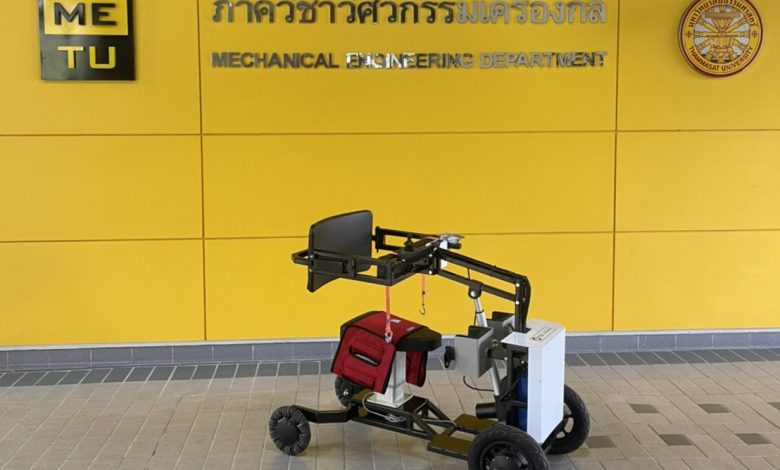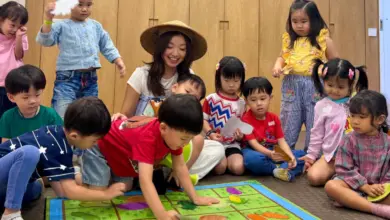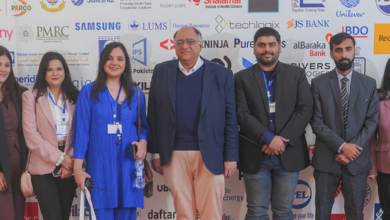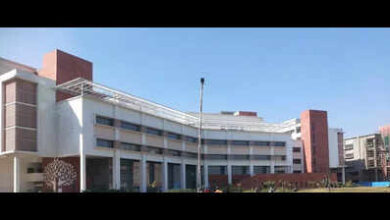Thammasat students received the first prize in Rehabilitation Engineering and Facilities Technology

Teams of Engineering Students, Thammasat University won the first prize in the Global Student Innovation Challenge (gSIC). NSTDA in collaboration with CREATe Asia cooperation group to organize the 15th international academic conference on rehabilitation engineering and facilities technology (i-CREATe) at the Hong Kong Special Administrative Region in a hybrid format.
The Global Student Innovation Challenge (gSIC) has inventions from students who have been selected and participated in the final competition from 5 economic zones, namely Thailand, the Republic of Singapore, the People’s Republic of China, and Hong Kong and Taiwan Special Administrative Regions, with a total of 40 entries. The contest is divided into 2 categories: Innovations for people with disabilities and the elderly (Technology Category) and Innovative design works for people with disabilities and the elderly (Design Category)
As a result, a team from Thammasat University received a Gold Award for innovative design for the disabled and the elderly in the work “New design power wheelchair for easy transfer” developed by Ms. Thanrada Wiriyasubudom, Department of Mechanical Engineering, Mr. Supasin Somboondee, Department of Mechanical Engineering and Mr. Kavin Sirichantakul, Department of Mechanical Engineering, TEP Program, having Asst. Prof. Dr. Banyong Rungrueangduayboon, Lecturer at the Faculty of Engineering, Thammasat University as an advisor.
Ms. Thanrada Wiriyasubudom revealed that the idea starts from the fact that we see that the movement of people with disabilities nowadays is difficult, especially moving from a wheelchair to a chair or toilet seat in which people with disabilities have to exert a lot. This gave us the idea of whether it was easier or not if a disabled can move from behind and able to get in and out of the wheelchair without having to lift their bodies up.
This innovation is an electric wheelchair for paraplegics. This electric wheelchair can be accessed from behind. There is a stand system to increase the convenience of the disabled in their daily life and remote control of electric wheelchairs via mobile to facilitate retrieving or removing the wheelchair.
Mr. Supasin Somboondee said that it increases the convenience for the disabled in every aspect, whether it is designed to allow the disabled to enter and exit the vehicle and can move with minimal force, seat height adjustment system so that the handicapped person can adjust the height of the chair or toilet seat to suit their mobility and a stand system to increase comfort in daily use.
Mr. Kawin Sirichantakul added that this electric wheelchair has been used by people with disabilities and it generally works fine. However, there are still bugs that need to be improved. We have begun planning to develop a smaller wheelchair that can be used even in confined spaces and is easier to move. With our work as a front-wheel drive, it may take some time for the users to be familiar with controlling the wheelchair so that people with disabilities or the elderly can access our wheelchairs more easily.
“The very first feeling after receiving the first prize was shocking. But when it was gone, we were very happy. The tiredness or difficulty in working in the past is completely gone. By the time of receiving the award, we felt that people have seen the benefits of our wheelchairs and it is really worth designing and building the wheelchair,” said Kawin.
In addition, another team of students from the Faculty of Engineering, Thammasat University also won a Gold Award for technology for people with disabilities and the elderly from the same stage in the work “Design and development of physical therapy upper limb device with symmetrical reflections mechanism” developed by Mr. Methasit Kiatchaipha, Master’s degree student, Department of Mechanical Engineering, Ms. Thanyaporn Wongwatcharanon, Ph.D. student, Medical Engineering and Mr. Abul Kashem Tahmid Shahriar, Master’s degree student, Department of Mechanical Engineering, having Asst. Prof. Dr. Banyong Rungrueangduayboon, Faculty of Engineering and Assoc. Prof. Dr. Patcharee Khunkhamchu, Faculty of Allied Health Sciences, Department of Physical Therapy as advisors.




